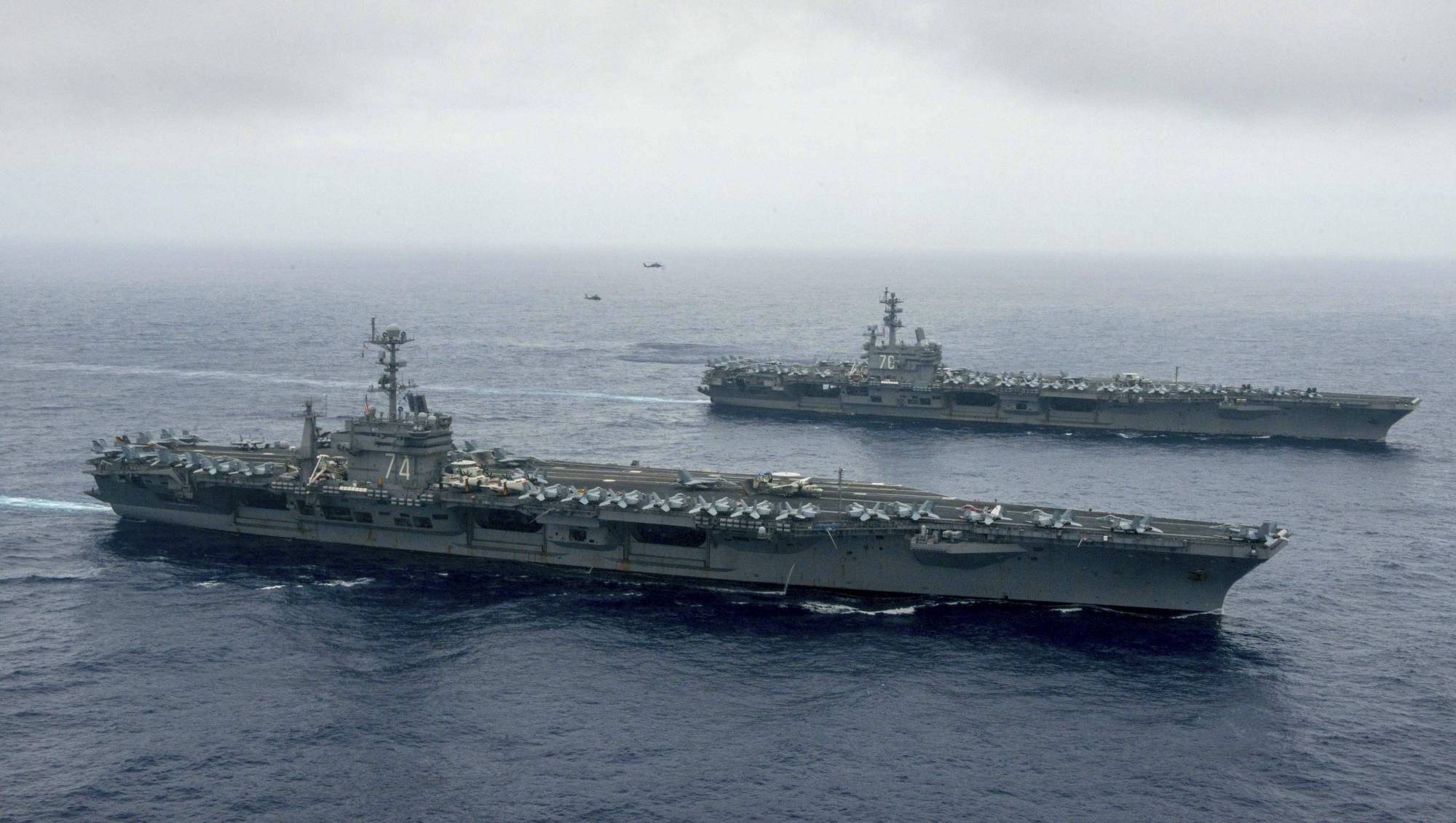The U.S. Congress last week passed the 2021 National Defense Authorization Act (NDAA). The NDAA is blithely referred to as the defense budget, which it is — and a whole lot more. Given the partisan divisions that ensnare most everything in U.S. politics and the readiness of virtually all small-government conservatives to fund the military, the legislation has been increasingly festooned with security-related initiatives. The 2021 bill is no exception.
This year’s NDAA includes the Pacific Deterrence Initiative (PDI), which while a virtual drop in the budget — $2.2 billion in a $740.5 billion package — is a potentially big deal for regional security. Used properly, the PDI would confirm the U.S. commitment to the defense of the region and significantly strengthen the military’s ability to deter adversaries and maintain the peace. “Used properly ...”
U.S. presidents have talked up the importance of the Asia Pacific for decades. Obama’s “re-balance” reflected a belief that global power was shifting as a result of Asia’s rise, and the Free and Open Indo-Pacific, Trump’s foreign policy bumper sticker, built on that understanding. If the talk was consistent, so too was performance: In every case and in every dimension, words outpaced deeds, and funds in particular remained short.

















With your current subscription plan you can comment on stories. However, before writing your first comment, please create a display name in the Profile section of your subscriber account page.